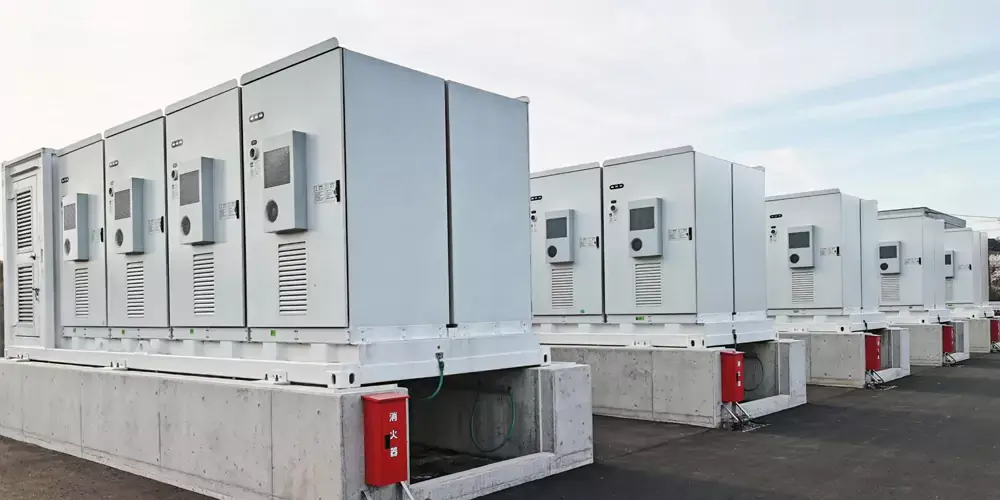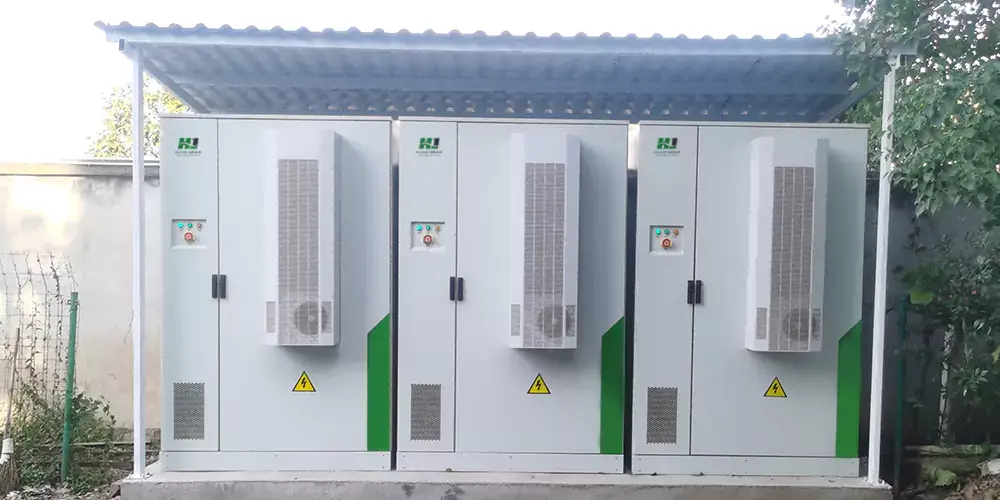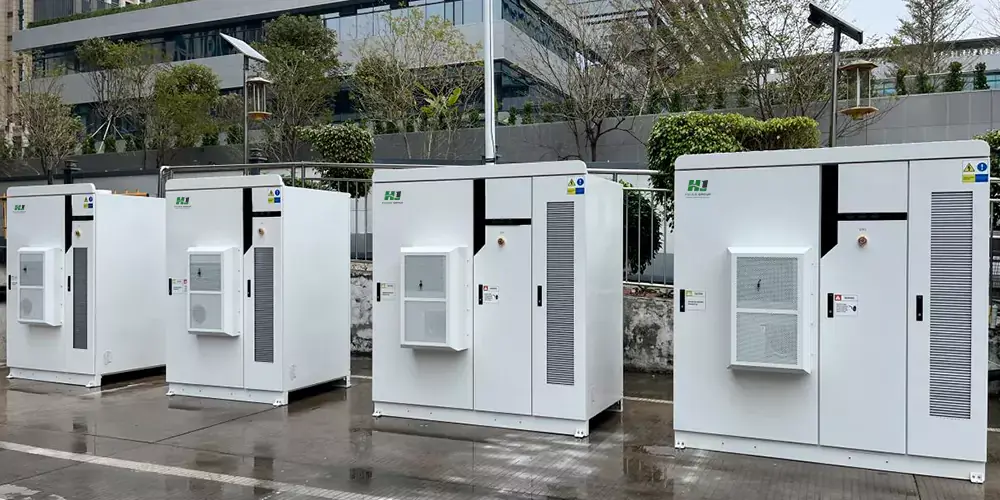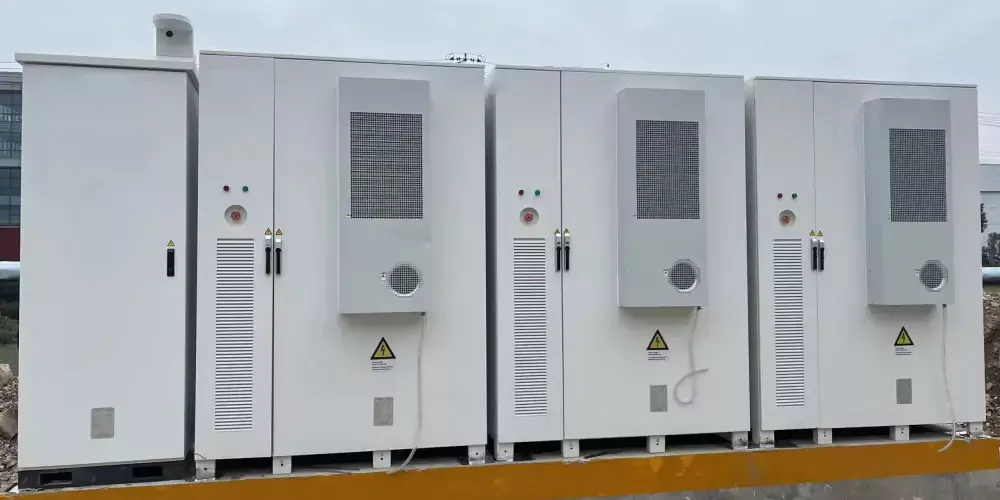Lithium Polymer Batteries: Beyond Traditional Energy Storage Limits
As products like electric vehicles and smartphones become increasingly popular, the demand for batteries that store more energy, are lightweight, and have longer lifespans is growing. Lithium polymer batteries are designed to meet these needs, surpassing older nickel-cadmium and nickel-metal hydride batteries in energy storage, device longevity, and durability. Simply put, they are more powerful, lighter, and longer-lasting.
Lithium polymer battery technology is ushering in a new era of energy storage. With its high energy density, safety, and flexibility, this battery is becoming a key technology to power mobile phones, electric vehicles, and even grid energy storage. Let’s take a closer look at the future of lithium polymer batteries, including its latest advances and potential developments in this area.
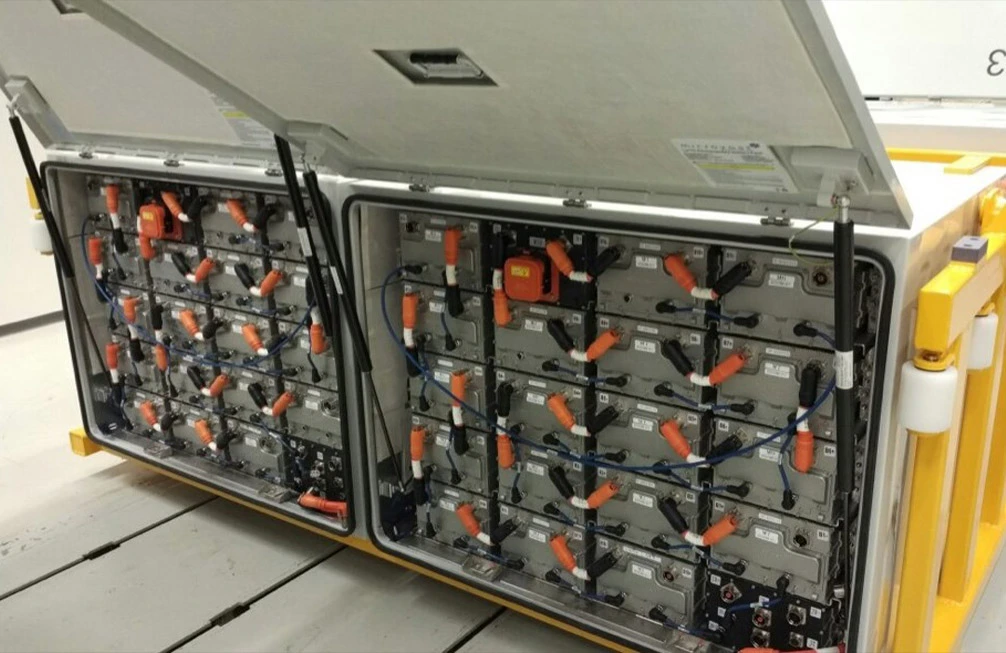
Technological Innovations
- Electrolyte Improvements: Recent advancements include enhancements in electrolytes that offer higher ionic conductivity while maintaining excellent mechanical and chemical stability. For example:
- Metal-Organic Frameworks (MOFs): Researchers are incorporating MOFs as solid electrolytes, designing batteries with superior ionic channels and high specific surface areas. This innovation opens up new possibilities for improving battery performance.
Application Prospects
- High Voltage Lithium-Ion Batteries: Applications in high voltage lithium-ion batteries are expanding.
- Flexible Lithium-Ion Batteries: Development in flexible lithium-ion batteries is gaining momentum.
- Lithium Metal Batteries: Advancements in lithium metal batteries show promise.
- Lithium-Sulfur Batteries: Research is ongoing into lithium-sulfur batteries.
- Lithium-Air Batteries: Innovations in lithium-air batteries are being explored.
- Smart Lithium-Ion Batteries: The rise of smart lithium-ion batteries reflects growing interest.
These batteries are expected to play a significant role in next-generation energy storage solutions due to their performance in safety, energy density, and cycle life.
Challenges Faced
Despite notable progress, lithium polymer battery technology faces several challenges:
- Low-Temperature Performance: Improving performance under low temperatures.
- Rapid Charging Capabilities: Enhancing the battery’s ability to charge quickly.
- Cost Reduction: Further lowering the cost of production.
- Sustainability and Recycling: Addressing sustainability, recycling, and environmental impact concerns.
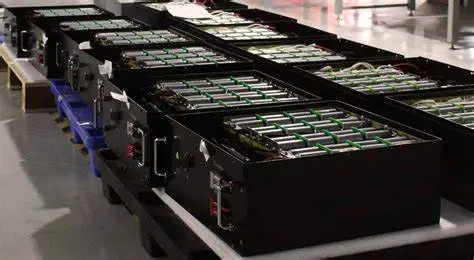
Future Outlook
Looking ahead, lithium polymer batteries are expected to achieve breakthroughs across various fields:
- Material Science Advancements: As material science and manufacturing technologies advance, these batteries will become more efficient, safer, and cost-effective.
- Electric Vehicles: The application potential in electric vehicles is particularly promising.
- Renewable Energy Storage: Their use in renewable energy storage also shows significant promise.
Conclusion
Lithium polymer batteries, as a rising star in energy storage, offer a hopeful future. With ongoing technological progress and innovation, they are poised to drive us toward a cleaner, more efficient energy future.
Interested in learning more about how we can optimize your energy storage solutions with advanced lithium polymer battery technology? Click on our product page to explore the smart energy storage systems designed for the future.
Contact us
- Email:[email protected]
- Tel: +86 13651638099
- Address: 333 Fengcun Road, Fengxian District, Shanghai
Get A Quote Now!


